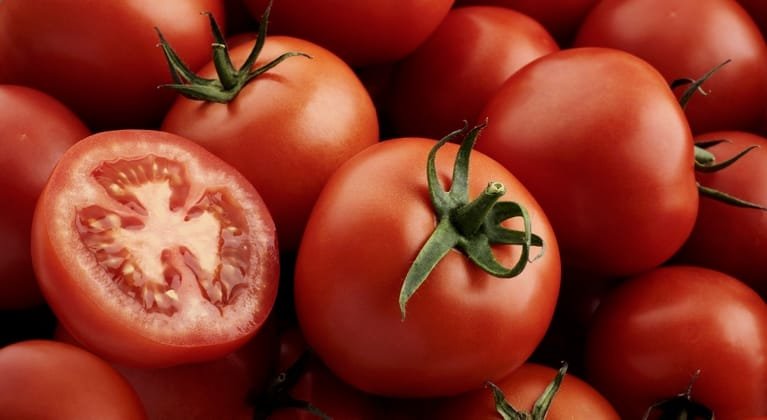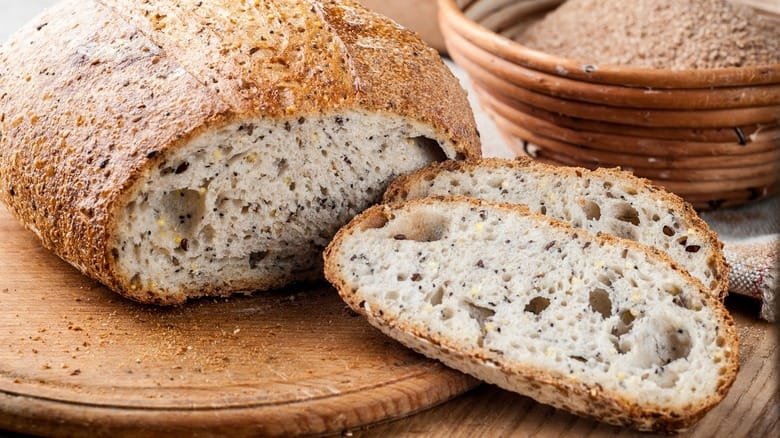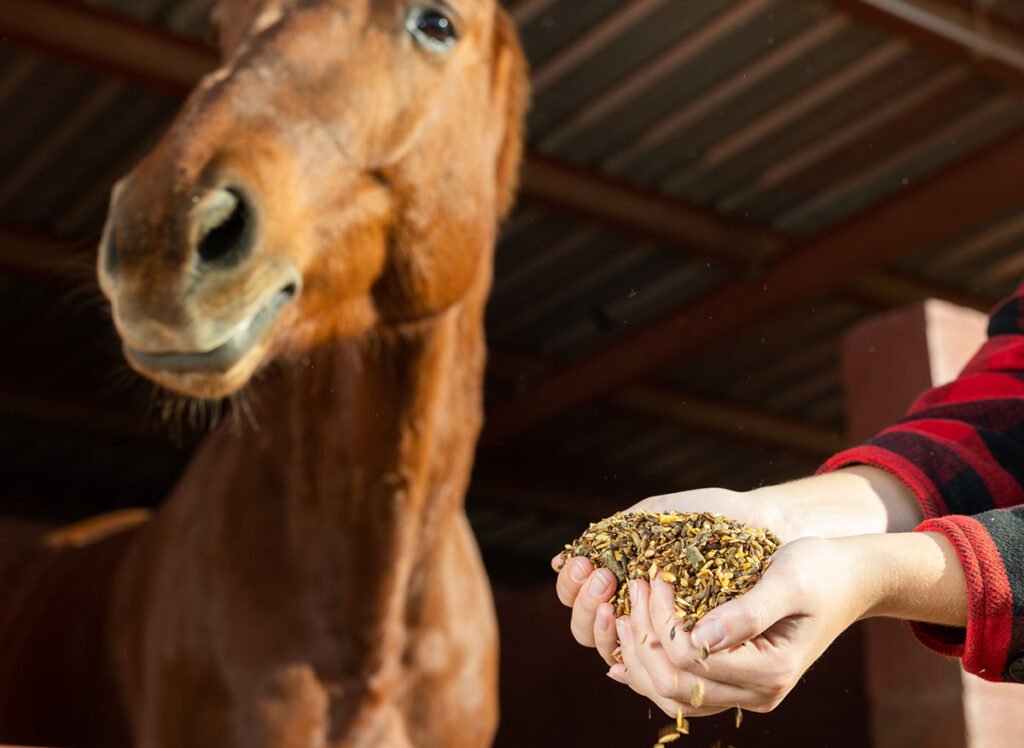Horses are wonderful creatures, known for their beauty, strength, and intelligence.
But just like any other pet, they rely on us to keep them safe and healthy.
One important part of that responsibility is ensuring they don’t eat things that can harm them. Horses are herbivores, which means they mostly eat plants, but not all plant-based foods are safe for them. Below, we’ve listed 25 things that horses should never eat, along with why they can be harmful.
1. Chocolate Just like dogs, horses should never eat chocolate. It contains theobromine, a substance that can cause severe reactions in horses, such as elevated heart rate, restlessness, and even death in extreme cases.
2. Avocados While avocados are healthy for humans, they contain a toxin called persin, which can be very dangerous to horses. Even small amounts of avocado can lead to colic, heart problems, and even death.
3. Onions Onions, whether raw or cooked, are toxic to horses. They can cause hemolytic anemia, a condition where red blood cells are destroyed, which can lead to severe health problems like weakness, lethargy, and in some cases, organ failure.
4. Garlic Although garlic is often considered a healthy food for humans, it contains compounds that can damage a horse’s red blood cells and lead to anemia. It’s best to avoid feeding your horse garlic in any form.
5. Cabbage Cabbage can lead to digestive issues for horses. When horses consume cabbage, it can cause gas, bloating, and severe stomach discomfort. Cabbage is also high in fiber, which can be too much for a horse’s digestive system to handle in large quantities.
6. Potatoes Potatoes, especially green ones, are toxic to horses because they contain solanine, a toxic chemical. Even small amounts of potatoes can cause symptoms like vomiting, diarrhea, and confusion.
7. Rhubarb The leaves of the rhubarb plant are extremely toxic to horses. They contain oxalates, which can cause kidney failure, difficulty breathing, and even death if consumed in large quantities.
8. Cherry Pits Cherry pits, as well as pits from other stone fruits like peaches and plums, contain cyanide, which is highly toxic. If a horse eats too many pits, it can cause poisoning, resulting in symptoms like drooling, nausea, and potentially death.
9. Tomatoes Tomato plants, particularly the leaves, contain solanine, which can cause toxicity in horses. If horses consume too many tomatoes, they may experience digestive upset, lethargy, and muscle weakness.

10. Moldy Hay Moldy hay is a major risk for horses. It can cause severe respiratory issues, including allergic reactions, coughing, and even more serious conditions like pneumonia. Always make sure your hay is fresh and free from mold before feeding it to your horse.
11. Sweet Clover While sweet clover may seem harmless, it contains a compound that can cause bleeding disorders in horses. If consumed in large amounts, sweet clover can lead to hemorrhaging, which is life-threatening.
12. Lawn Clippings After mowing the lawn, many horse owners make the mistake of tossing the clippings into the paddock. However, lawn clippings are too rich and can cause colic or founder in horses. They also ferment quickly, leading to potentially toxic conditions.
13. Apple Seeds While apples themselves are safe for horses, the seeds contain cyanide, which can be harmful in large amounts. Always remove the seeds before feeding apples to your horse.
14. Lettuce Lettuce, especially iceberg lettuce, is high in water and can cause diarrhea in horses. While small amounts are not likely to be harmful, it’s best to avoid feeding your horse large quantities of lettuce.
15. Peas Peas may be rich in protein, but they can cause digestive upset in horses. Horses’ digestive systems are not designed to process peas effectively, leading to discomfort, bloating, and colic.
16. Yew Plants Yew plants are extremely toxic to horses. They contain taxine, which can cause sudden death in horses who consume them. Even small amounts of yew leaves or berries can be fatal.
17. Ivy Ivy, particularly English Ivy, is another toxic plant that should be kept out of your horse’s reach. It can cause symptoms like stomach upset, diarrhea, and even heart problems.
18. Stale Bread While bread is not inherently dangerous to horses, stale or moldy bread can be. Moldy bread contains fungi that can cause severe gastrointestinal issues and even liver damage. Always make sure bread is fresh before offering it to your horse.

19. Nuts Nuts, especially in large quantities, can lead to colic or even choke in horses. Nuts also tend to be high in fat, which isn’t suitable for the digestive system of a horse.
20. Mushrooms Some species of mushrooms are highly toxic to horses. It’s important to prevent your horse from grazing in areas where wild mushrooms grow, as consuming the wrong type can cause organ failure and death.
21. Ice Cream Ice cream might sound like a treat, but it’s not suitable for horses. Dairy products like ice cream can cause gastrointestinal problems such as diarrhea, and horses typically cannot digest lactose properly.
22. Beans Certain types of beans, like kidney beans, can be toxic to horses. Beans contain lectins, which are harmful proteins that can cause stomach irritation and, in severe cases, organ damage.
23. Alfalfa Pellets (in excess) While alfalfa hay is commonly fed to horses, too many alfalfa pellets can be bad for your horse. Alfalfa is rich in calcium, and too much of it can lead to kidney problems and urinary issues.
24. Spinach Spinach contains high levels of oxalates, which can bind to calcium in a horse’s body and lead to kidney damage or kidney stones if eaten in large quantities.
25. Sugary Treats While many people think sugar cubes or other sugary treats are fine for horses, excessive sugar can lead to health problems such as insulin resistance, obesity, and even laminitis. It’s important to limit sugary treats to ensure your horse stays healthy and happy.




